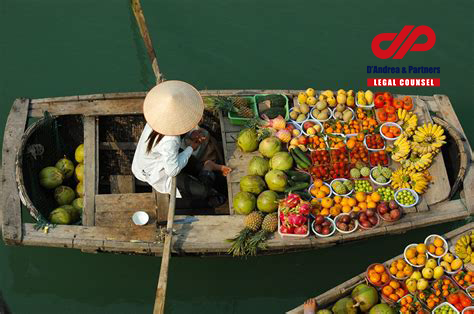One of the more significant reasons to explain this growth is Vietnam’s ability to provide variety, abundance and affordable priced ingredients, due to the fact that Vietnam is an agricultural country with tropical weather.
Moreover, with the increase in per capita income and living standard in big cities, young citizens are now more keen on trying new, sophisticated foods, bringing increased opportunities for the restaurant business. The preference of consumers for other countries specialities, as well as fast food, is increasing, which not only assists in welcoming foreign investors, but also in promoting cultural exchanges between Vietnam and the world.
In terms of national strategy, the food processing industry has been chosen as one of the priority sectors for development by the Government. Vietnam has since issued tax incentives for income from food processing and preservation as well as a plan to simplify an increased number of administrative procedures, the building of infrastructure as well as eliminating legal barriers in the industry.
Many international investors have participated in Vietnam’s food industry, by buying shares of well-known Vietnamese enterprises, including those from Korea, Japan, Singapore, Thailand and the US. CJ Group of Korea has noticeably invested hundreds of millions of dollars in various forms such as green field, joint venture, and M&A deals in the Vietnamese Food Industry, their presence can be felt in the fields of food production, food distribution and food service in the country.
Under the influence of Free Trade Agreements, the quantity of agricultural and frozen products imported into Vietnam is increasing rapidly. The variety of the food products as well as the restaurant business has also lead to the emergence and development of relevant services, such as online food delivery, with the participation of both domestic and foreign enterprises.
With increased activeness and growing attention, the food industry in Vietnam can be considered to have a bright future ahead


